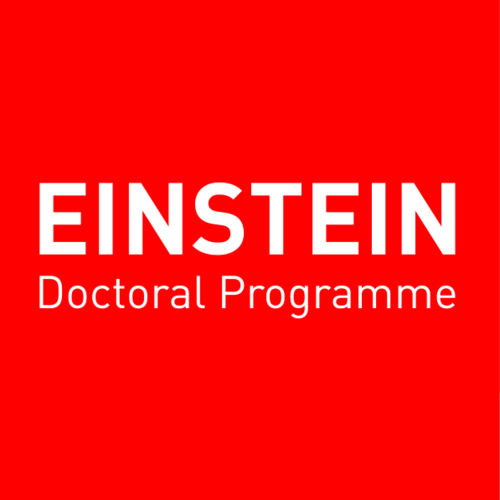Valeria Elena Benko
Alumna
14195 Berlin
Cold War Dichotomies and Interdependency: How the Public Discourse on the North-South Divide Re-Shaped Euro-Atlantic Economic and Political Relations (1975 - 1985) (Dissertationsprojekt)
Dissertation in Geschichte
Mentoring Team:
First supervisor: Prof. Jessica Gienow-Hecht PhD
Second supervisor: Prof. Dr. Sebastian Conrad
Third supervisor: Prof. Dr. Mario del Pero
From the Seventies onward, a heterogeneous coalition of less developed countries (LDCs) became particularly active in voicing its concerns over the unequal relations among colonizers and formerly colonized countries, calling for a multilateral negotiation on a New International Economic Order (NIEO) and exposing the economic and political interdependence between the North and the South.
The public debate on the NIEO and the attitudes towards North-South interdependence consistently differed within the Western alliance. In Washington, the requests of the LDCs were addressed within the cold war policy-making framework – from Carter's human rights policy to Reagan's “second cold war”. Meanwhile, the EEC approved the Lomé Treaty, a comprehensive system of cooperation with former colonies, showing that the Communities were not ready to abandon their post-colonial influence, nor their market shares, in this newly active southern political and economic coalition, regardless of cold war rhetoric.
My Ph.D thesis analyses why and how this divergence arose during the 1975-1985 decade, trying to assess the consequences of new economic multilateralism on the intra-bloc relations and on the geo-political and cultural patterns of the cold war. The research explores three sequential levels of analysis. First, the discourse level: has the discourse on LDCs taken different shapes within the Western alliance? Second, the intra-bloc level: has the rift in the discourse changed the mutual perceptions and the political relations between the US and the EEC? Third, the systemic level: to what extent has this debate influenced the post Bretton Woods economic international system?
Through these lines of inquiry, the research describes the impact of the North-South cleavage on the Western powers' ideas about their own role in the international arena, and on their discourse on multilateralism, allowing a more complete understanding of Western self-representation and of the dynamics within the transatlantic alliance during the cold war.




